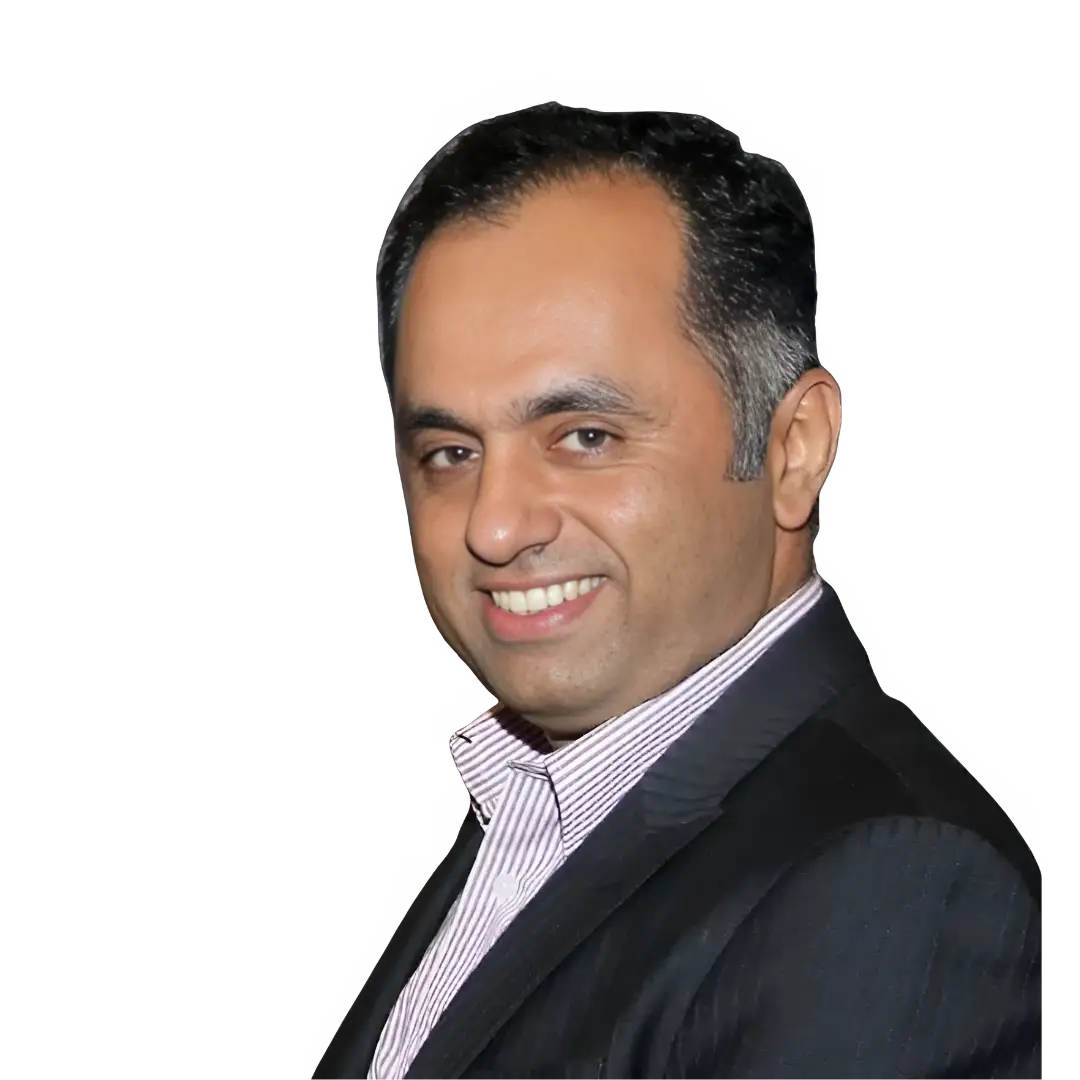Coach Training for you – Transactional or Transformational?
- By Subash CV, MCC (ICF)

- Apr 15, 2021
- 3 min read
Updated: Dec 13, 2025

With just one day to go for the start of a new batch of ICF coach training, my mind is full of the same. We chose to take a break for a couple of months, so we did not start an ICF-approved program since the start of the last batch on January 30, 2021. After two and a half months, we all at Regal Unlimited are looking forward to it. A lot of work goes into the admission process. Depth of participants, their preparedness, heterogeneity of the batch, experience from diverse areas, and of course, gender-composition, all are elements of the batch… Last week leading to the D-day is almost like month-end pressure at all my 21 years’ BFSI roles. With one day to go, a sense of peace returns. Having done everything to start off a new batch, it is a good time to just surrender to the Universe.
Then I come across this beautiful article, The Best Form Of Bhakti on The Speaking Tree, Economic Times. The article reminds me of the 3 routes to salvation – Jnana (intellectual knowledge), Karma (selfless action), and Bhakti (devotion). The article confirms my bias (😁) the universally accepted dictum including by greatest philosophers including Adi Shankara (one of my favorites, whom I refer to as an example for Hero’s Journey – Joseph Campbell).
When all our aspirations and sentiments are focused on the Paramatma (whatever form, or formless) that is Bhakti. That flow is Prema, Divine Love. (Beyond the Unconditional Positive Regard that we attribute to the brilliant therapist, Carl Rogers. Also, beyond the love of a physical mother, closest to the Prema, not fully Divine, selfless.
#DYK that bhakti can be shudha/raganuga bhakti or, still higher, ragatmika bhakti. (I did not know).
How is this relevant to coaching, or coach training/certification?
Coaching comes to us as an opportunity to shift consciousness. Hence also a Hero’s Journey for the coachee/learner coach. But then, what we make out of it also depends on the learner to a great extent. To keep it just transactional or make it transformational.
Only if the coachee moves towards his/her full potential, personal, and professional (courtesy ICF definition) in the coaching engagement, s/he has got the best out of it.
unless the learner-coach on a certification journey does not experience the same transformational shift, how will s/he facilitate the same shift in his/her coachee, the client later?
Often we compare apple and orange to decide on the coach/coach-mentor and deprive ourselves of the full experience of coaching. As one of my mentors in another area (digital marketing) says, ‘Don’t be cheap on your journey to your greatness’
We, at Regal Unlimited, go beyond the certification or ICF accreditation to make sure it is a transformational experience for you. And that makes it beyond the cognitive mind, a deeper experience.
My Master says, every being, knowingly or unknowingly, is on a spiritual pilgrimage. And that pretty much defines all that we do at #RegalUnlimited.
We all are on a journey from jivatma to Paramatma like every drop of water is continuously moving towards the ultimate destination, the ocean. Whether it is leadership/executive/business coaching, Coach training for aspiring coaches/corporate leaders/others, or healing… we derive inspiration from this awareness that everyone is on a spiritual pilgrimage.
‘Choose Bliss’, Joseph Campbell (based on his discovery of Sat-Chit-Ananda)
Focussing on one element, say jnana, deprives the coach to tap into karma & bhakti. Coaching is not a cognitive process or a purely emotional one.
Coach training & certification for ICF credential at #RegalUnlimited operates
at the confluence of the mind, body, and spirit. #IQ2EQ2SQ.
Incorporates the best of jnana (all theory, reflection, some assignments), karma (practice), and bhakti (love for coaching, pure & classical).




